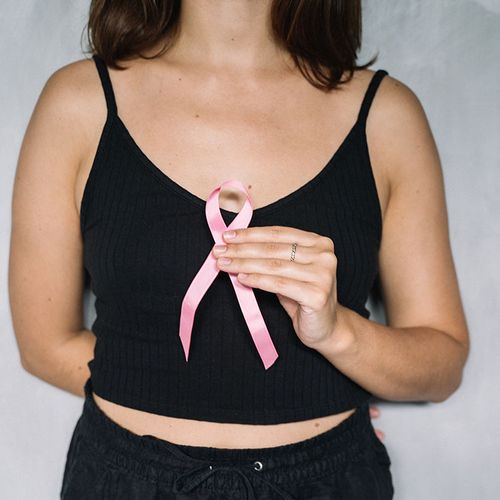The US Food and Drug Administration (FDA) approved a new genetic test that's 1 designed to determine the likelihood that early-stage breast cancer will recur within five to 10 years after treatment. The intended value of the test is that it could help doctors decide whether or not a woman needs chemotherapy after initial cancer treatment for early-stage disease that hasn't spread beyond the breast.
However, the test, called MammaPrint, has shortcomings, according to Dr. Steven Gutman, director of the FDA's Office of In Vitro Diagnostic Device Evaluation and Safety in the Center for Devices.
How The Test Works
MammaPrint is a DNA microarray-based test that measures the activity of 70 genes, providing information about the likelihood that cancer will recur. The test measures each of these genes in a sample of a woman's breast cancer tumor and then uses a specific formula to produce a score that determines whether the patient is deemed low risk or high risk for the spread of the cancer to another site.
Women determined to be at high risk of cancer recurrence at five years have a 23% chance that the disease will reappear. Conversely, for women at low-risk, the test is 95% accurate that cancer will not return, Gutman said.
And at 10 years, women gauged at high risk for recurrence have a 29% chance their cancer will recur, while low-risk patients have a 90% chance the cancer will not return, he said.
The FDA approved of MammaPrint based on data its manufacturer—Agendia, of Amsterdam, the Netherlands—submitted from a study using tumor samples and clinical data from 302 patients at five European centers. The test has been available in Europe since 2005. Similar tests cost around $3,000.
Test Limitations
"This information has to be used very carefully by physicians in the context of what they know about the history of the patient, the diagnostic options and the treatment options," Gutman said. "This is a complex test that requires use by people who know their business."
Dr. Len Lichtenfeld, the deputy chief medical officer at the American Cancer Society, doesn't think the test is accurate enough yet to be used in determining treatment.
"This is a first step in a long process," Lichtenfeld said. "The goal of that process is to do a test that will tell us, 'Yes, you need adjuvant therapy or, no, you don't, and say it with 999% accuracy. We are not there yet."
Lichtenfeld said he isn't convinced the test has a value in deciding if a woman should have chemotherapy or not. "We don't know, at this point, whether or not this is a test that should influence the decisions that women and their doctors should be making with regard to adjuvant therapy," he said.
